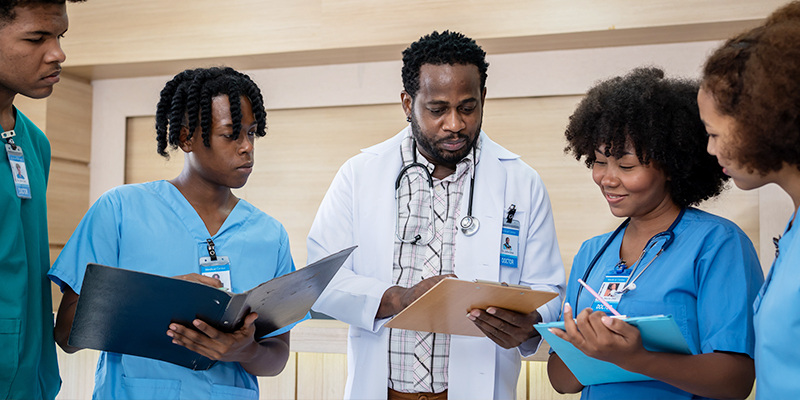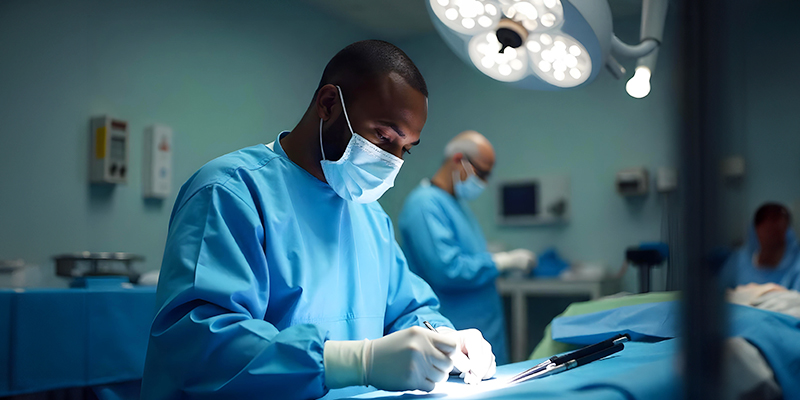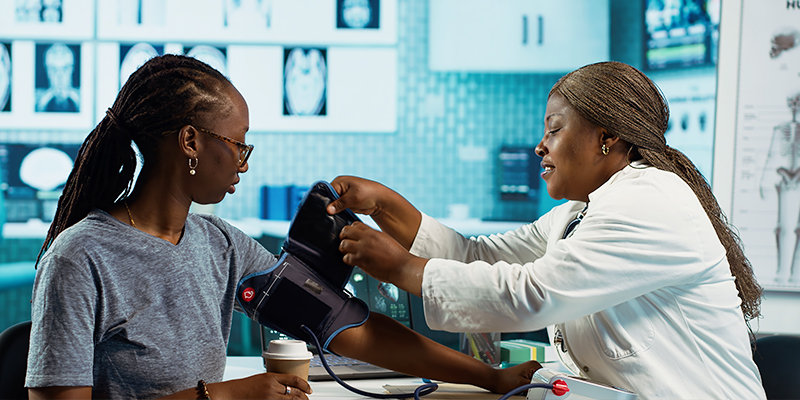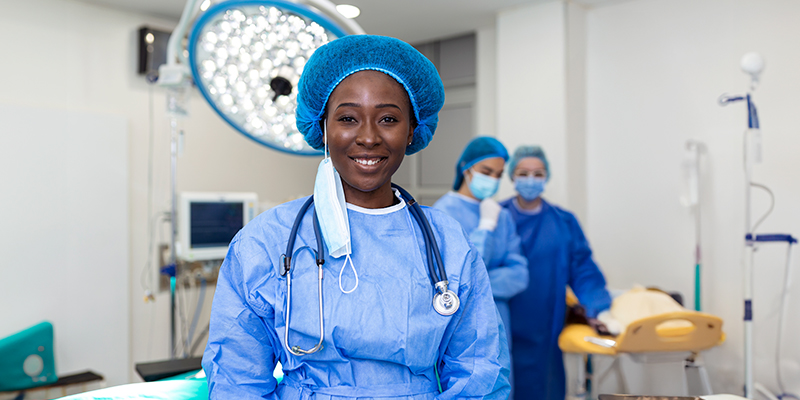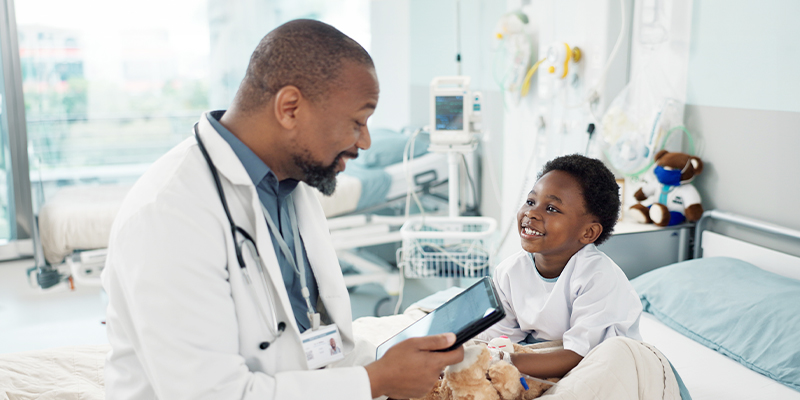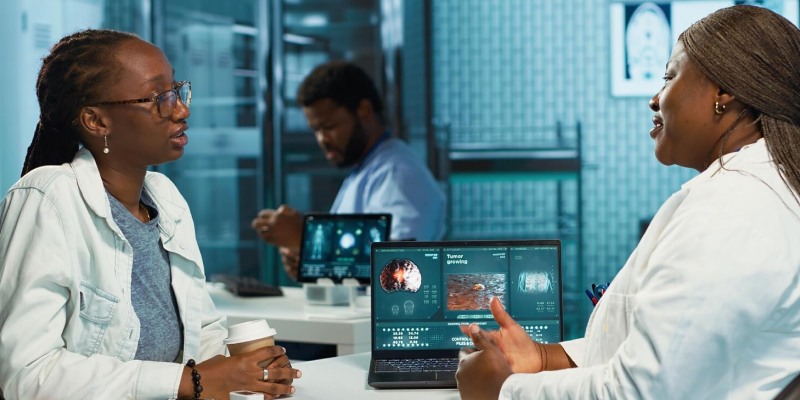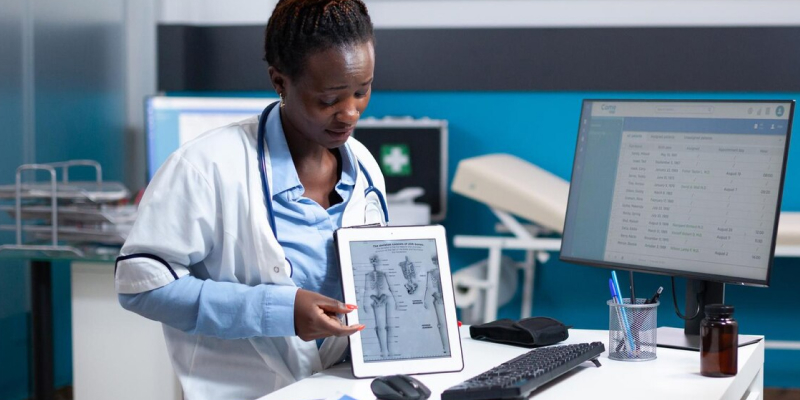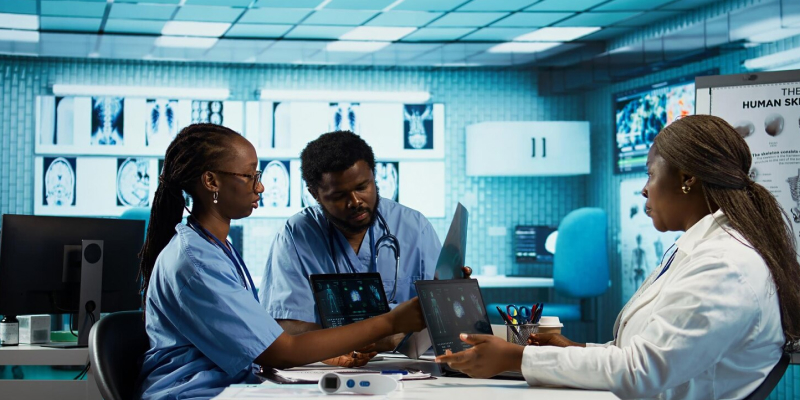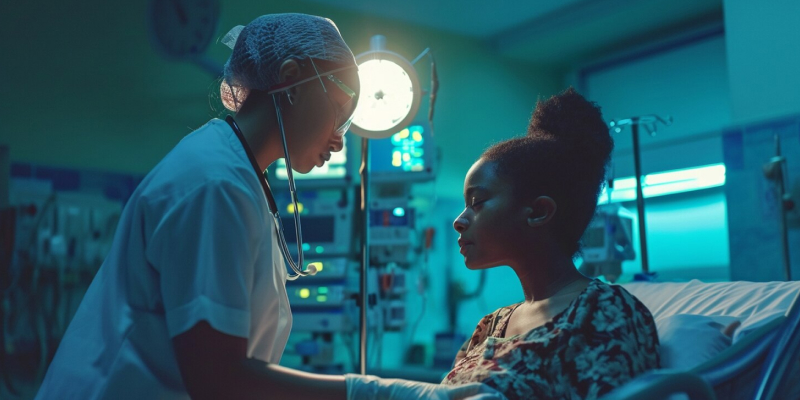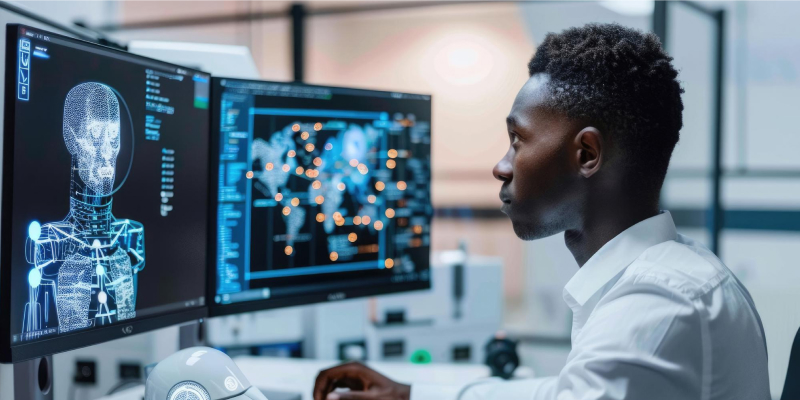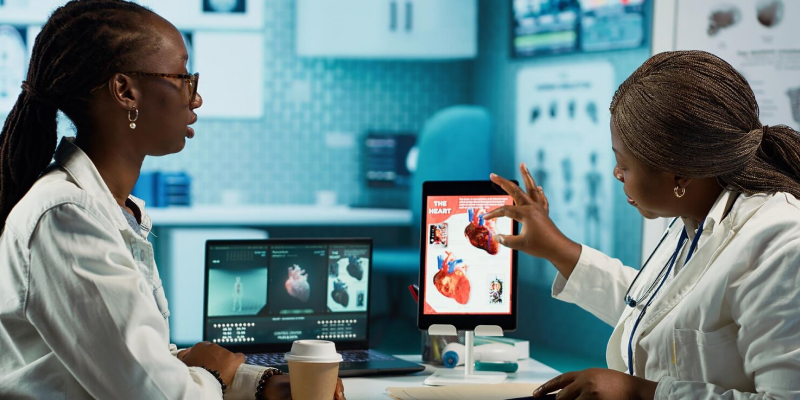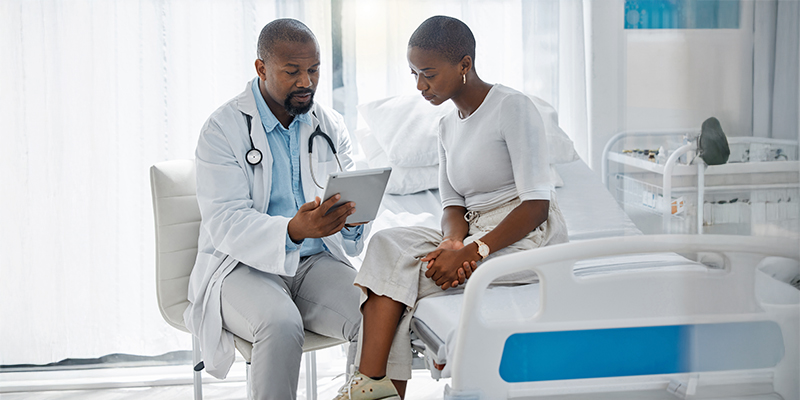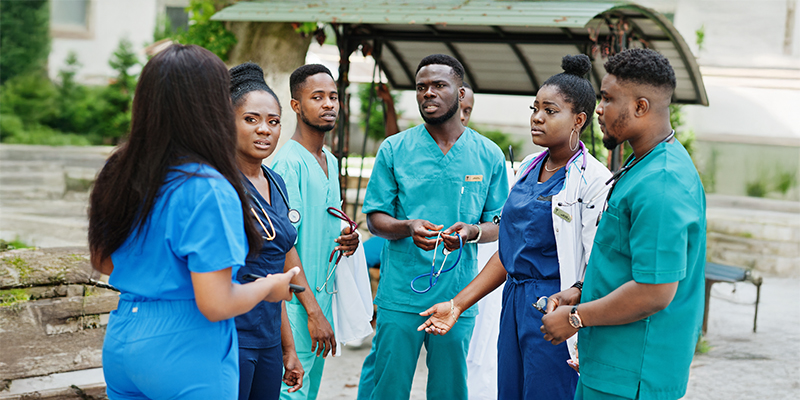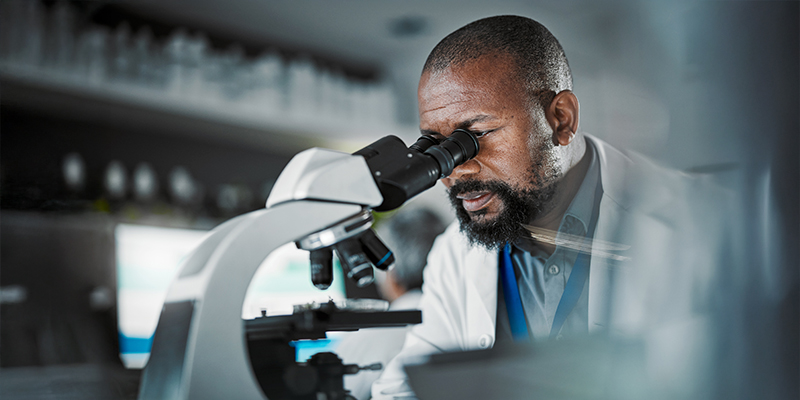The unprecedented outbreak of the COVID-19 pandemic came with a lot of questions, uncertainties and a global health crisis. To tackle and stop the spread of this viral infection, vaccines have been introduced. Their distribution and administration started only after approval from WHO (World Health Organisation). However, several questions still surround the subject and many people are found to be dubious about getting vaccinated. So, here are some of the top FAQs related to the COVID-19 vaccine answered by experts at HJ Hospitals.
Q1. What are the benefits of getting vaccinated?
COVID-19 vaccines work similarly to the vaccines for other diseases. They develop immunity in your body for a particular disease and reduce the risk of developing it even after catching the infection. In other words, if a vaccinated person is exposed to the virus, they have very low chances to develop the condition and suffer from its consequences.
Q2. Who can get the COVID-19 vaccine and who should avoid it?
COVID-19 vaccinations are tested and certified to be safe by several healthcare and governmental authorities across the world. Therefore, most people above the age of 18 years can get the vaccine, including those with pre-existing conditions such as asthma, diabetes, hypertension, etc. People who are suffering from chronic diseases but whose condition is stable and managed can also go for the vaccination.
People below the age of 18 years, pregnant and lactating women, people with a compromised immune system or a history of severe allergies and weak bodies should consult their healthcare provider before getting vaccinated.
Q3. Can the vaccinated people stop taking precautions?
Vaccinations are not quite effective for the first few days after their administration. The highest level of immunity develops after a few days of the completion of the COVID-19 vaccine course (for example, after the second dose in case of double dose vaccines). Even after that, vaccines do not guarantee 100% prevention. Rather, they reduce the risk of developing the disease and falling severely sick. Also, there can be people around you who are not vaccinated yet. Therefore, to keep yourself and others safe, continue taking the suggested precautions even after getting vaccinated.
Q4. What dietary changes should you follow before and after getting vaccinated?
The effect of any kind of food or drink on the functioning of the COVID-19 vaccine has not been reported yet. So, you may continue taking your regular diet and medications, if any. However, avoid getting vaccinated on an empty stomach. Also, avoid the consumption of alcohol and tobacco for a few days after getting vaccinated.
The Bottom Line
COVID-19 is one of the most dreadful health crises humankind has ever witnessed. Therefore, follow preventive guidelines and get vaccinated as soon as possible. For more vaccine-related concerns, connect with health experts at HJ Hospitals and avoid trusting information shared by unverified sources over the internet. To ensure your family’s complete health and well-being, avail affordable home care services and preventive health checkup plans provided at HJ Hospitals.






 Dec 24, 2021
Dec 24, 2021 admin
admin



